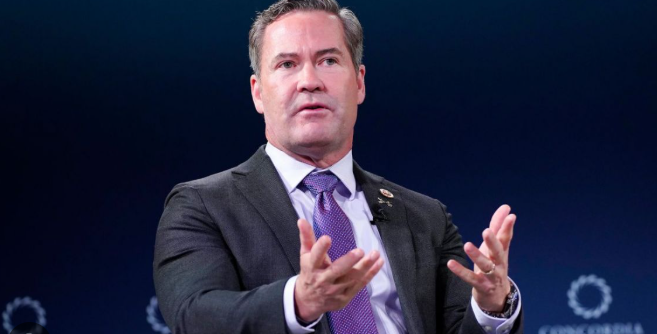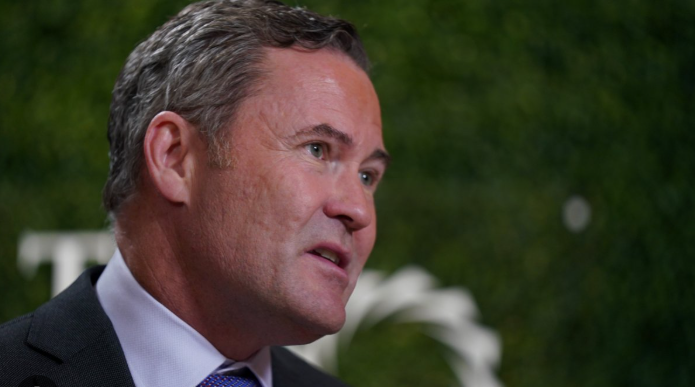[ad_1]
BERLIN (Reuters) – Germany’s Social Democrats (SPD) should reconsider their opposition to joining a new “grand coalition” with Angela Merkel’s conservatives because Europe needs a stable government in Berlin, a senior ally of the chancellor said on Thursday.
Germany is facing the worst political crisis of its modern history after Merkel’s efforts to forge a three-way coalition with the pro-business Free Democrats (FDP) and Greens collapsed last weekend, raising fears across Europe of a prolonged leadership vacuum in the continent’s economic powerhouse.
The SPD has governed in coalition under Merkel since 2013 but said it wanted to go into opposition after suffering its worst result of the postwar period in the Sept. 24 election.
Some in the SPD, however, are now urging party leader Martin Schulz to reconsider, a view echoed on Thursday by Volker Kauder, leader of Merkel’s conservative parliamentary group in the Bundestag lower house of parliament.
“Europe is waiting for a Germany capable of acting so that it can finally respond to the questions raised by French President (Emmanuel) Macron. The economically strongest country in Europe cannot show itself as a political dwarf,” Kauder said.
He was referring to Macron’s call for fiscal reforms to strengthen the euro zone.
“Therefore it’s my wish that the current partners in the coalition government can get together again,” Kauder told the regional Suedwest Presse newspaper referring to the SPD and the conservatives.
German President Frank-Walter Steinmeier, a former SPD lawmaker and foreign minister, was due to meet party leader Schulz at 1400 GMT on Thursday as part of his efforts to help facilitate a coalition government and avoid fresh elections.
Merkel, who remains acting chancellor until a government is agreed, has said she would prefer to work with the SPD. If that failed, she would favor new elections over an unstable minority government.
Germany, the world’s fourth largest economy, has long been a bastion of stability in the EU and officials in Brussels and Paris fear months of political uncertainty could harm plans to reform euro zone governance and EU defense and asylum policies.
“IT‘S ALL ABOUT POLICY”
The mass-circulation Bild newspaper reported on Wednesday that 30 members of the SPD’s 153-strong parliamentary group this week had questioned Schulz’s preference for going into opposition during a meeting of the parliamentary party.
Speaking to ZDF television on Thursday, SPD deputy leader Karl Lauterbach said his party might have to rethink its opposition to another “grand coalition”, but added he was still skeptical about joining one led by Merkel.
SPD lawmaker Johannes Kahrs, spokesman for a conservative wing in the party, urged Schulz to keep an open mind in his talks with the president.
“One should not rule anything out, and at the end it’s all about policy,” Kahrs told ntv television.
The SPD supports Macron’s proposal to create a fiscal capacity in the euro zone to protect members of the single currency bloc against external shocks.
Reporting by Michael Nienaber; Editing by Gareth Jones
[ad_2]
Source link






Leave a Reply